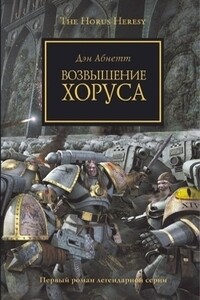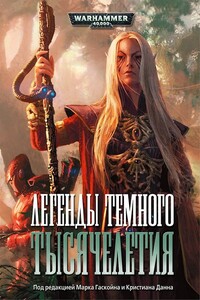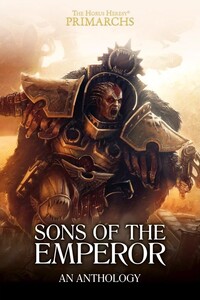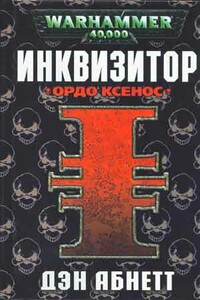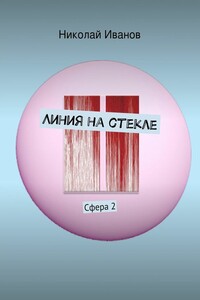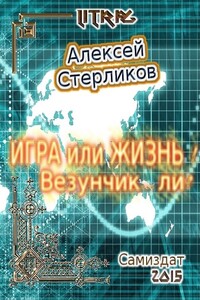Worlin got up and, drink in hand, fired thirty more needles into the twisted corpses, just to be sure. Then he sat back, sipping his drink, watching Vervunhive burn.
“The road is blocked, sir!” the tank driver yelled through the intercom to Kowle. Chasing up the Southern Highway, through the wrecked outer habs, with shells still falling, Kowle’s column had reached the rear of the queue of refugees tailing back from Sondar Gate.
Kowle sat up in the turret, looking ahead, taking in the sea of milling bodies before them.
Shells fell to the west and lit up the night.
Kowle dropped into the turret and said, “Drive through.”
The driver looked back at him in amazement.
“But commissar—”
“Are you denying a direct order?” Kowle snapped.
“No, sir, commissar, sir, but—”
Kowle shot him through the throat and dragged his twitching body out of the driver’s seat.
He settled into the blood-slick metal chair and keyed the intercom. “Armour column. Follow me.”
Just outhab wretches… worthless, he decided, as he drove the tank down through the masses, crushing a path to the distant gates of Vervunhive.
THREE
“After this, all battles will be easy, all victories simple, all glories hollow.”
—General Noches Sturm,
after his victory on Grimoyr
The bombardment continued, both day and night, for two and a half weeks. By the close of the twelfth day, day and night were barely distinguishable, so great was the atmospheric smoke-haze hanging around Vervunhive. The Shield held firm, but the southern outhabs and manufactories became a fire-blown wasteland, fifty kilometres square. Some shelling had also been deliberately ranged over the Shield, catastrophically wounding the unprotected northern districts and large sections of the Hass docklands.
On the afternoon of the sixth day, Marshal Edric Croe, the Legislature’s appointed successor to Gnide, ordered the closing of the southern hive gates. The new marshal, brother of Lord Croe of that noble house, had been a serving major-colonel in Vervun Primary and his election was ratified by seven of the nine noble houses. Noble House Anko—who were sponsoring their own General, Heskith Anko, for the post—voted to deny. Noble House Chass abstained.
Marshal Croe was a pale, white-haired giant, well over two metres tall. His fierce black eyes and hard gaze were the subject of barrack legend, but he was personally calm, quiet and inspirational, judicious in leadership and popular with the men. The majority vote of the noble houses reflected their confidence in him—and the fact they felt he would remain answerable to them in all circumstances. Heskith Anko, a plump, swarthy brute who approached war politically rather than tactically, was appointed Croe’s chief of staff to appease House Anko. The two did not get on and their furious arguments in House Command became notorious.
Croe’s decision to close the gates—at this stage there were still some half a million refugees streaming in from the southern districts seeking sanctuary at Hass West, Sondar and Croe Gates—surprised the houses and the Legislature as a whole. Many believed Croe had bowed to Anko’s persistent pressure. House Chass, House Rodyin and seven houses ordinary raised a bill of disapproval and railed against the cruelty of the action. Half a million, left to die, the gates sealed against them. “It defies humanity,” Lord Rodyin stated in the Hall of the Legislature.
In fact, Marshal Croe’s decision had been far more deeply affected by the advice of Commissar Kowle, who had returned from the frontline with the tattered remnants of the tank divisions on the second night. Despite the losses suffered by Vegolain’s forces, Kowle was hailed by many as a hero. He had single-handedly rallied more than thirty vehicles and crews and pulled them back, bringing first-hand details of the enemy home to the hive. The public-address plates spoke freely of his heroism and loyalty. His name was chanted in the refugee camps and in all gatherings of citizens and workers. The title “People’s Hero” was coined and stuck. It was popularly believed he would be decorated for his actions and many in the low classes saw him as a folk hero and a •better choice for marshal than Croe. When, on the ninth day, food, water and energy rationing was imposed hive-wide by the Legislature, a speech by Kowle was published on the address plates, stating how he would not only be observing rationing strictly, but also rationing his rations. This astute piece of propaganda was Kowle’s idea and the hive population almost universally embraced the restrictions, wishing to be “true to the People’s Hero and his selfless behaviour.”
